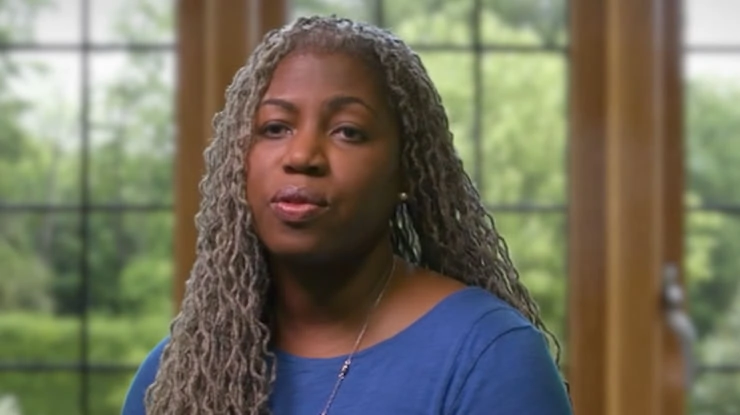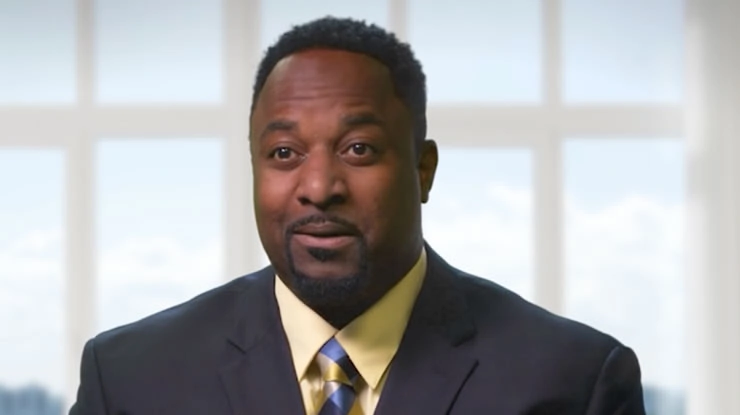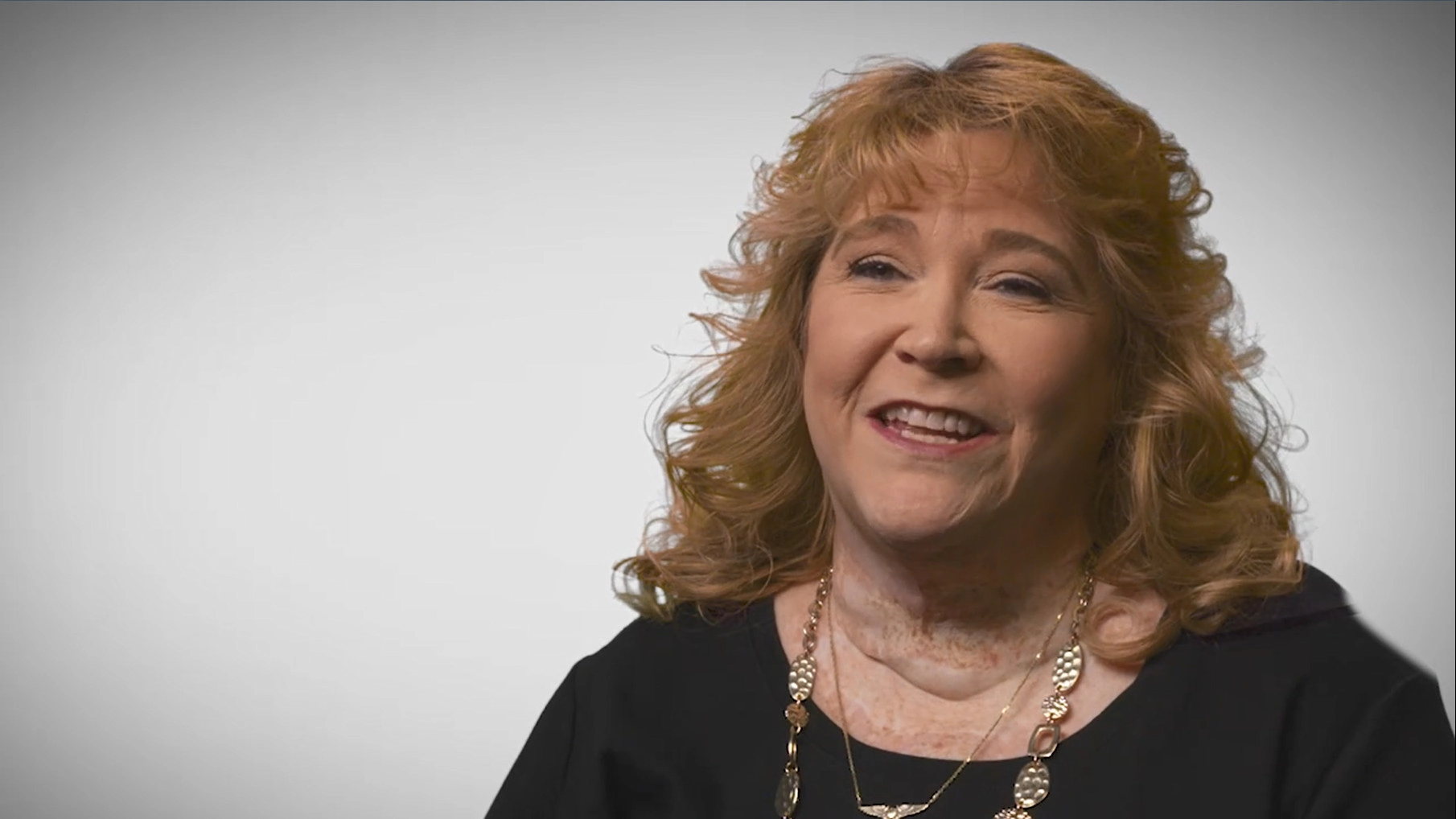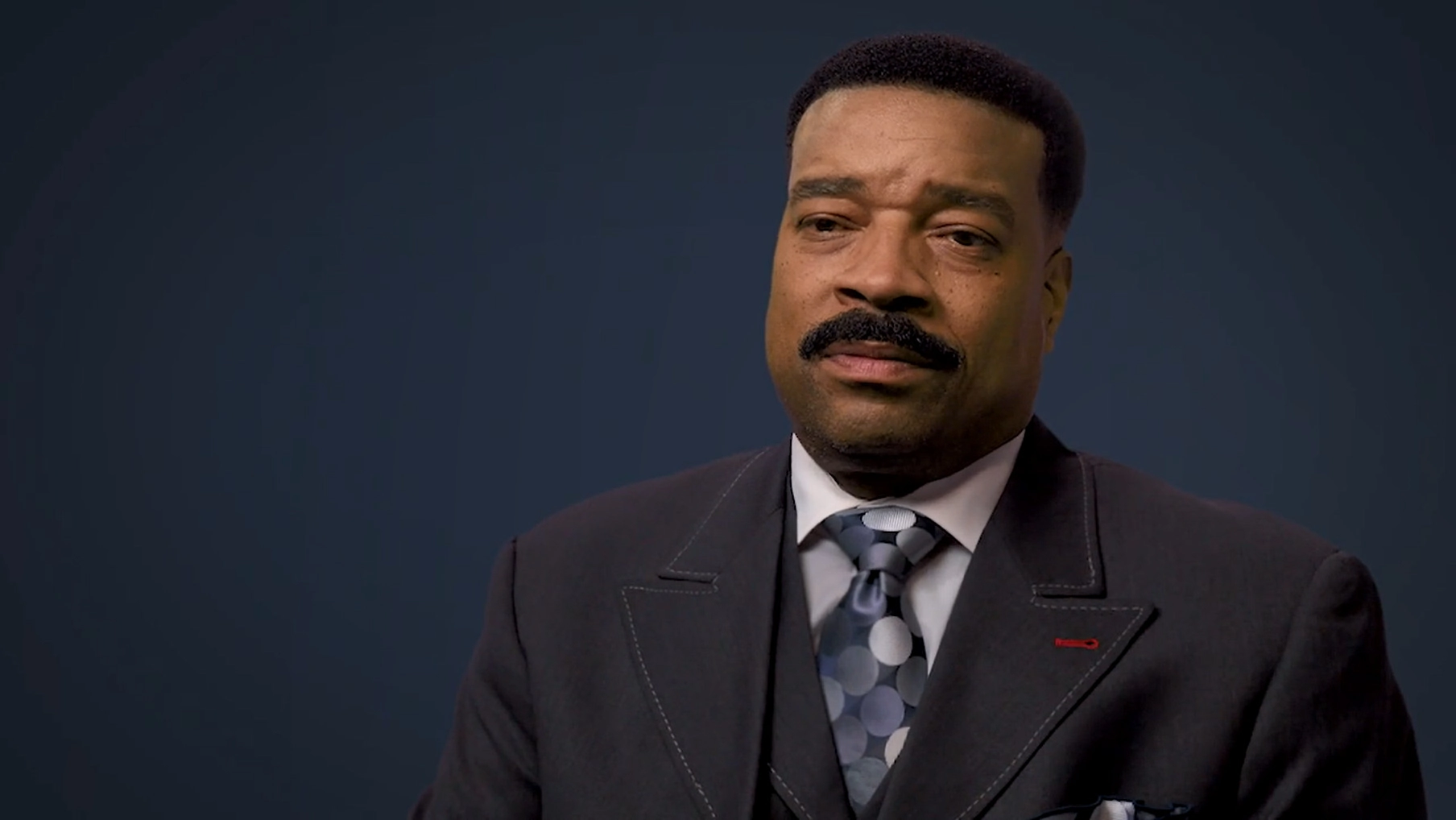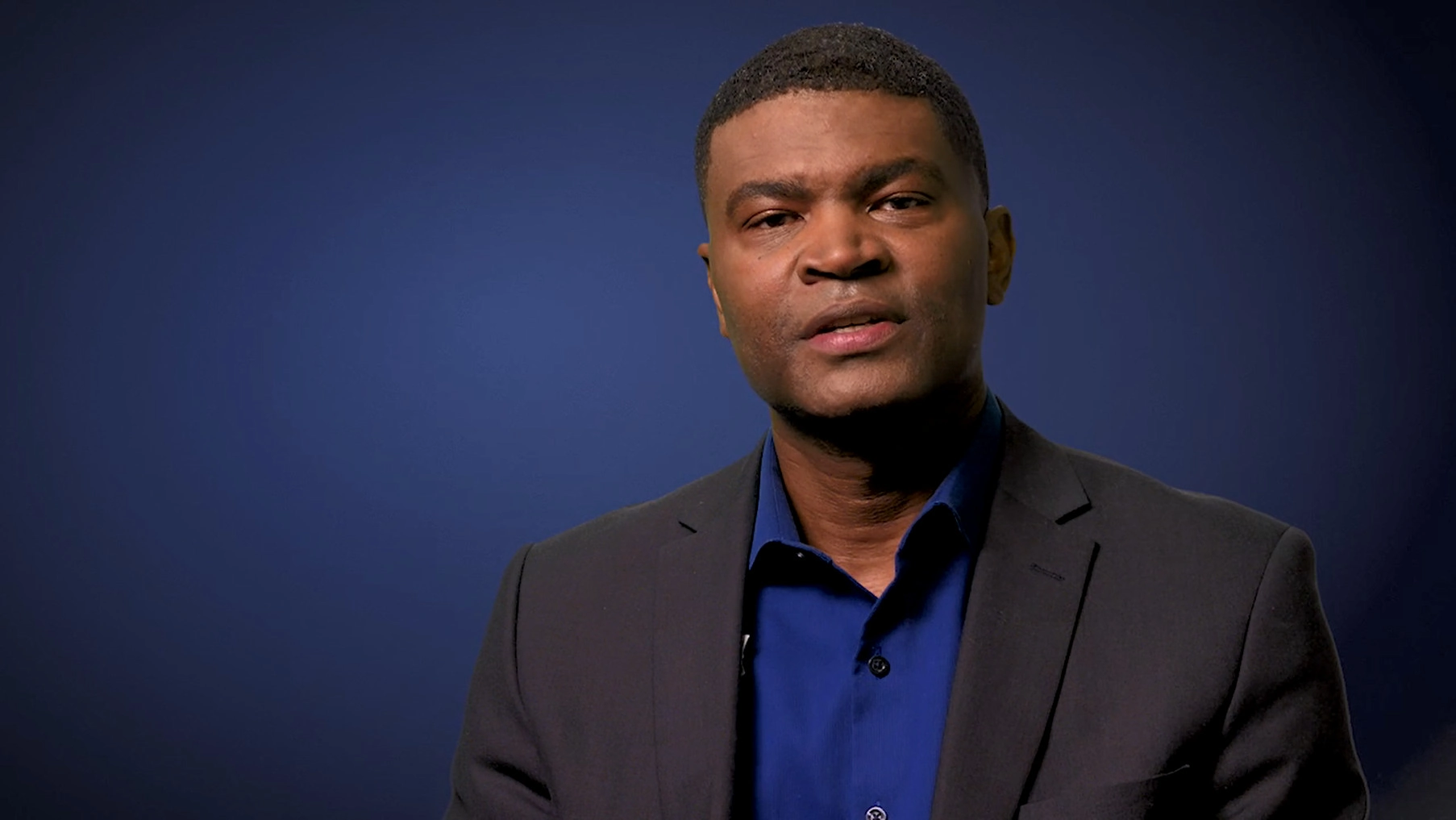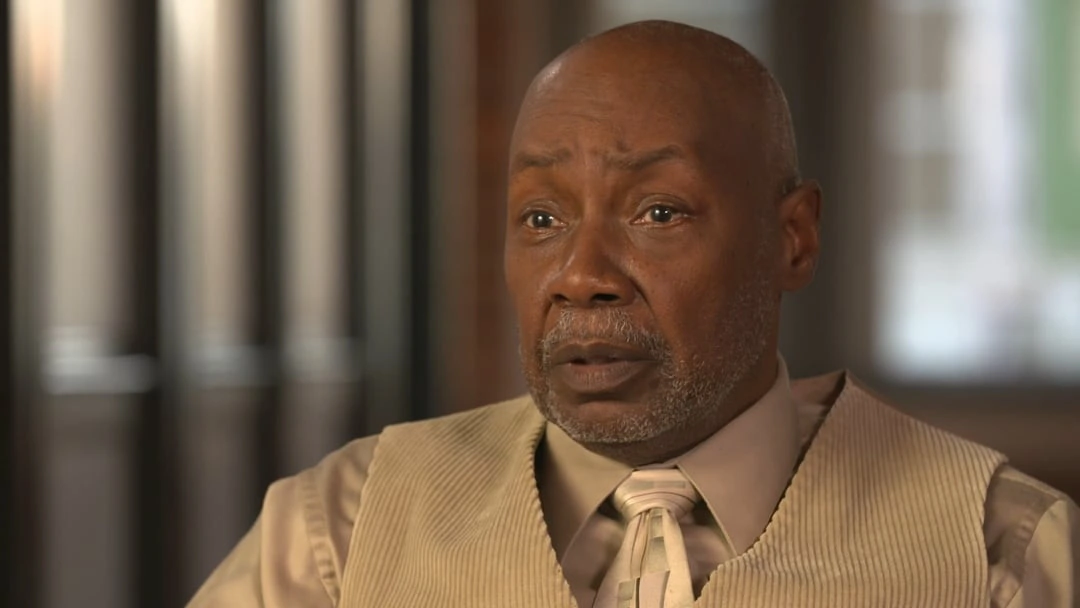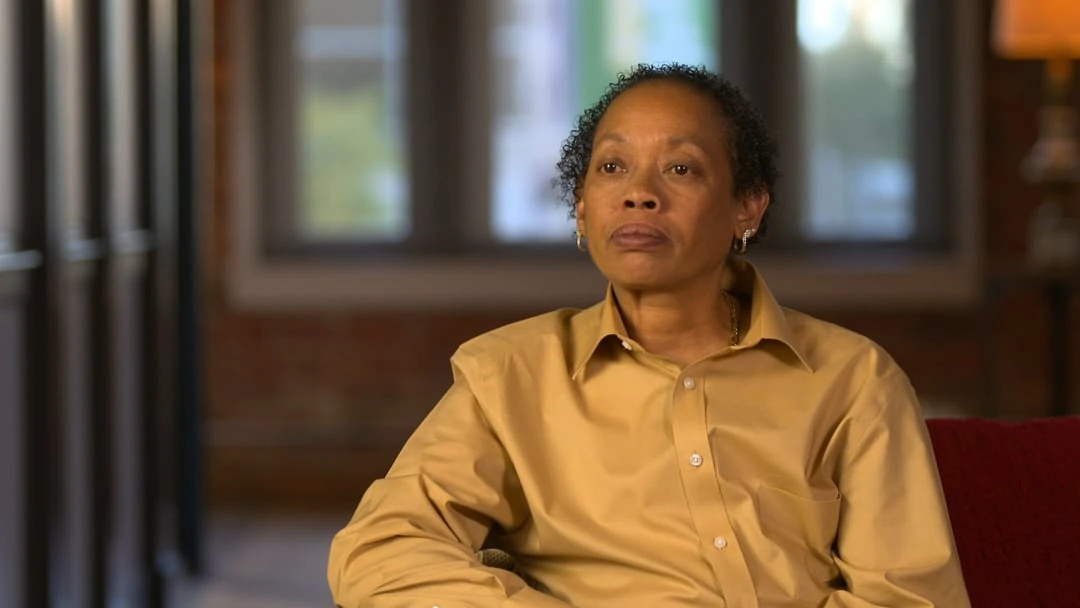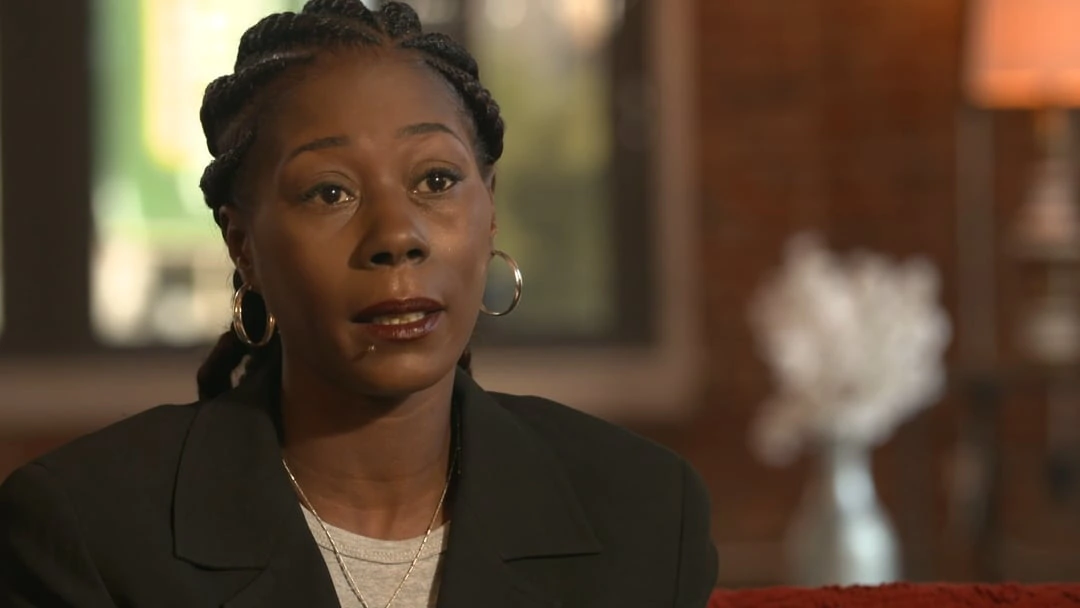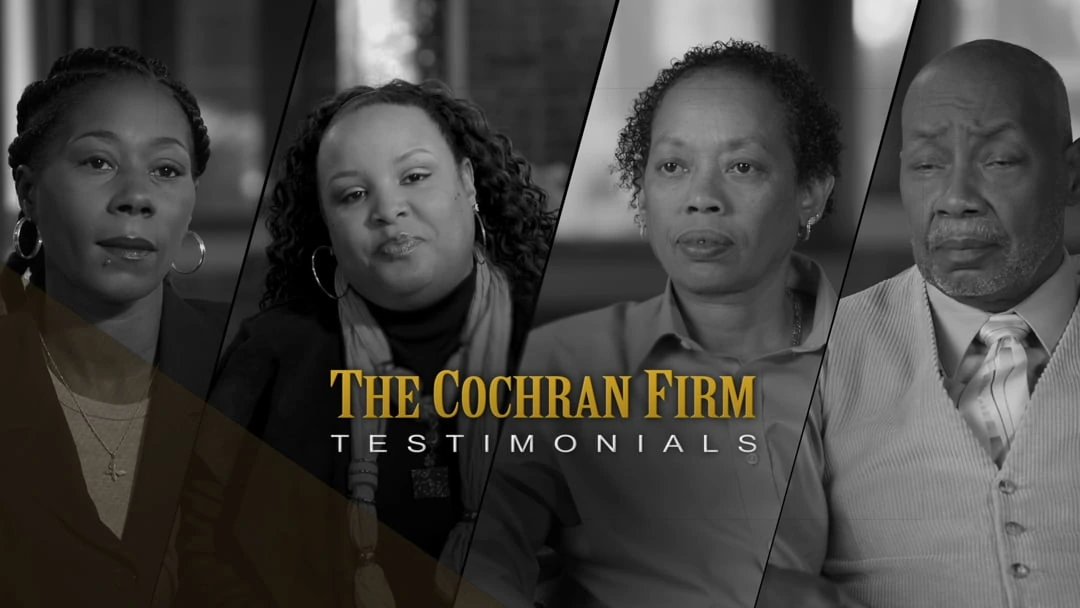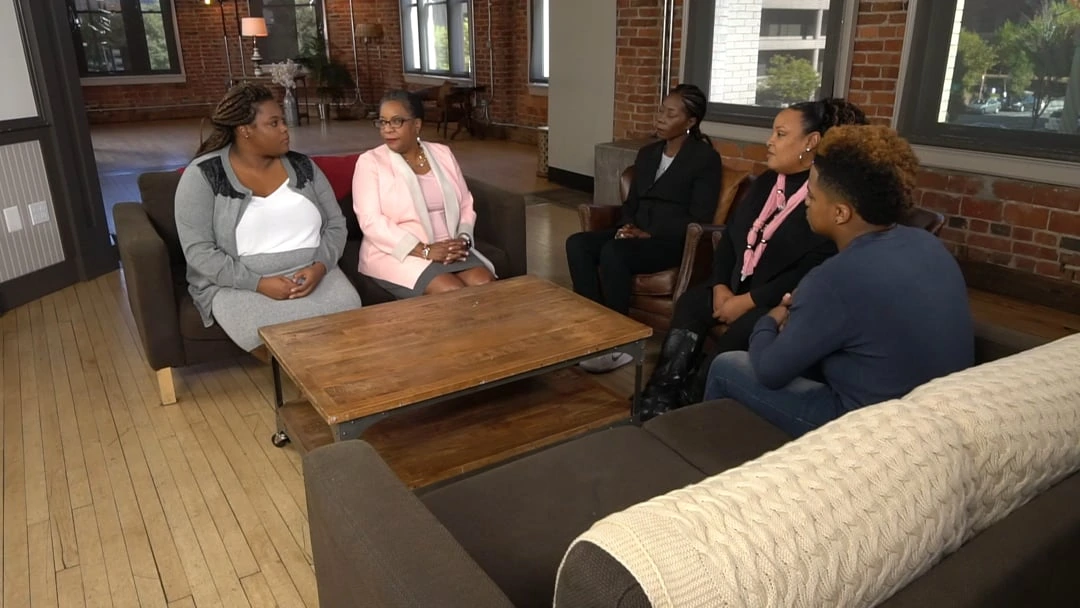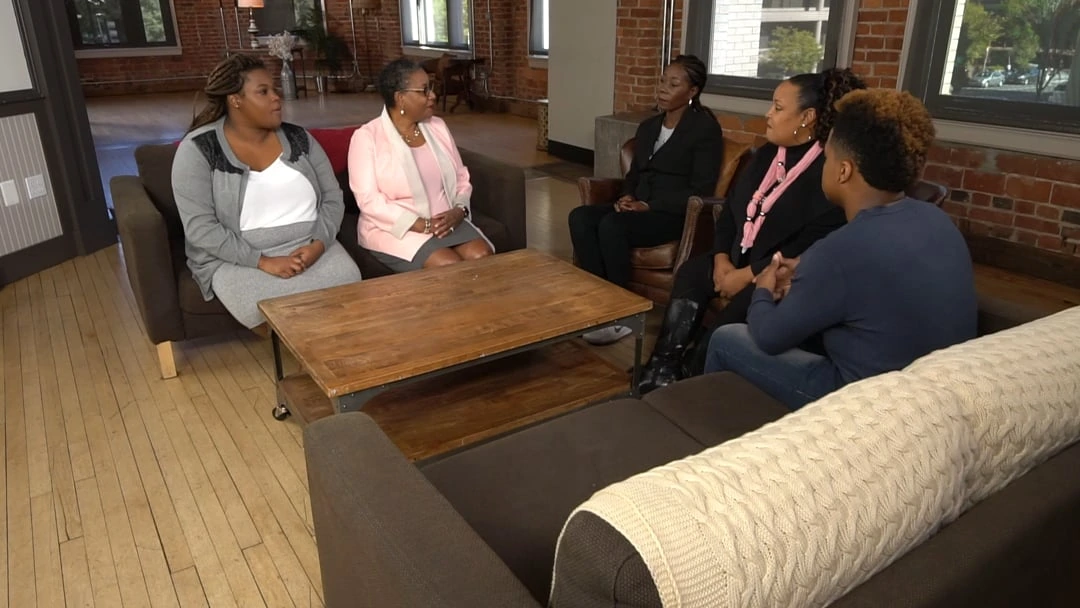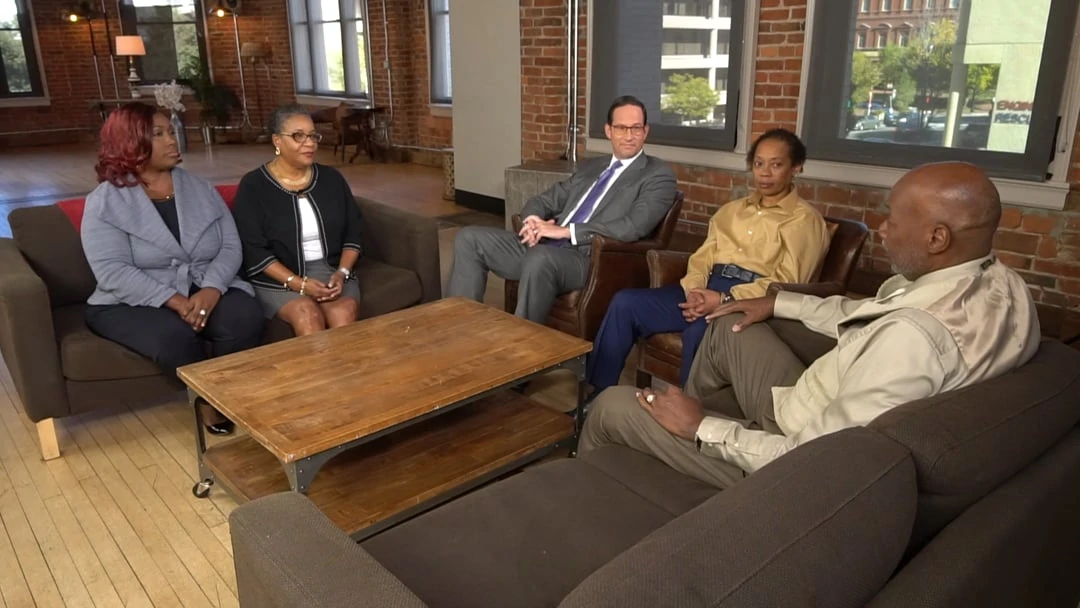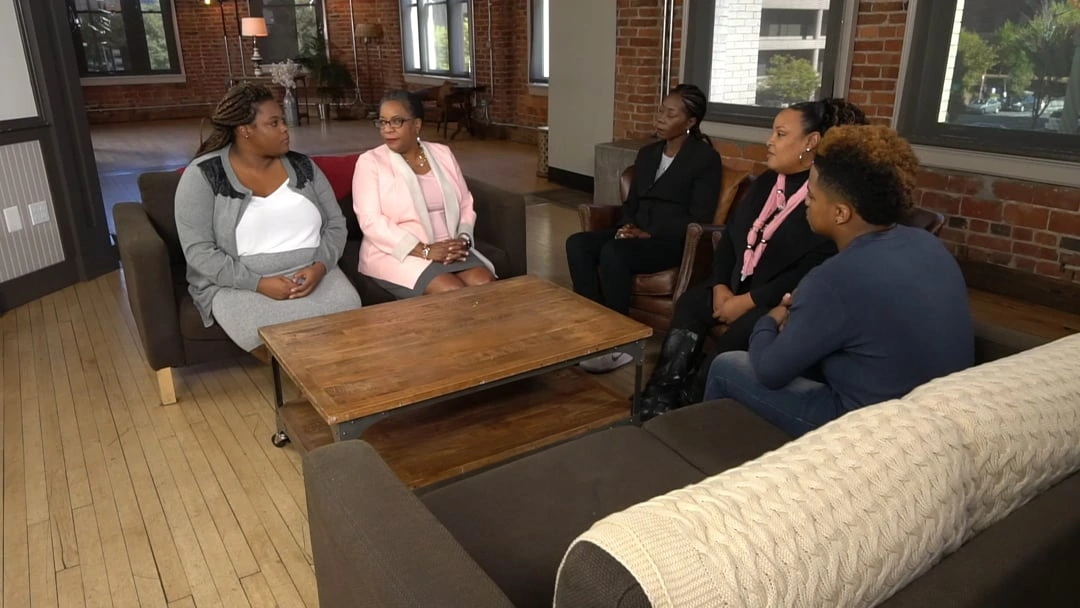Whistleblower lawsuits are known as “qui tam” claims. The phrase is a shortened version of a Latin phrase meaning “he who prosecutes for himself as well as for the King.” As you may have guessed, the idea of a qui tam claim predates common law and our current legal system. Lawmaking bodies going back to the Middle Ages have authorized qui tam claims where they consider the enforcement of a rule beyond the capacity of the state’s law enforcement officials.
The earliest cited qui tam legislation is the proclamation by King Wihtred of Kent (modern Southeast England) stating, “If a freeman works during the forbidden time between sunset on Saturday evening and sunset on Sunday evening, he shall forfeit his healsfang, and the man who informs against him shall have half the fine, and the profits arising from the labor.” Healsfang is an Old English term that means a fine given in substitution for capital and other punishments. By the 14th century, qui tam laws were common in England. Just like today’s whistleblowing laws, King Wihtred’s law incentivized citizens to report conduct that was difficult for authorized officials to regulate.
In the United States, colonial America had qui tam laws and courts of the day heard cases brought under local colonial law, in addition to English law. Qui tam laws became a feature of the federal American legal system during the Civil War when President Abraham Lincoln wanted to eliminate the amount of faulty military supplies being sold to the Union. In order to combat fraud, President Lincoln advocated for the False Claim Act, which contained “qui tam” provisions that created a private right of action for citizens to sue fraudulent defendants on behalf of the government.
The original Civil War-era False Claims Act remained largely unchanged until 1943, when the U.S. Congress enacted important amendments to the law. The amendments dramatically reduced the amount of compensation to a “relator” (those who filed qui tam lawsuits) and eliminated whistleblower suits filed on the basis of information the federal government already knew. The 1943 amendments greatly discouraged the filing of whistleblower claims and qui tam suits became a rarity for the next 40 years.
In 1986, Congress amended the False Claims Act and incentivized whistleblowers to report fraud against the government. At the time, media reports massive fraud by defense contractors in the wake of an uptick in military spending by the Reagan administration helped to spur the new amendments. The 1986 amendments added, among other things, causes of action for retaliation against whistleblowers, for false statements made to reduce an obligation to pay the government, expanded the statute of limitations, defined knowledge required for a violation, and declared that specific intent was unnecessary. The 1986 amendments reopened the False Claims Act to a new wave of whistleblower claims and reports of fraud committed against the government increased markedly.
In 2009, Congress revisited the False Claims Act. Some of the revisions in the 2009 amendments included adding improper avoidance to reverse false claims offenses and other clarifications of the law that strengthened the 1986 amendments.
As a component of the Patient Protection and Affordable Care Act, Dodd-Frank, and the Consumer Protection Act, there were two amendments to the False Claims Act in 2010. One change altered the Act’s retaliation provision to protect any employee, contractor, or agent against retaliation against whistleblowing activities. The other amendment (part of Dodd-Frank) similarly protected employees, contractors, and agents against retaliation for blowing the whistle.
In addition to federal legislative efforts, federal courts have issued hundreds of decisions citing the False Claims Act in recent years. These decisions may have a substantial impact on how various provisions of the Act are interpreted and applied.
Our team of experienced attorneys understands how to analyze your case, to apply the relevant law, and to bring your whistleblower claim in accordance with federal statutes and applicable case decisions. Contact The Cochran Firm, D.C. for a confidential consultation about a potential whistleblower claim. All case evaluations are free and carry no obligation. Because strict deadlines apply to whistleblower claims, we recommend contacting as soon as conveniently possible.
